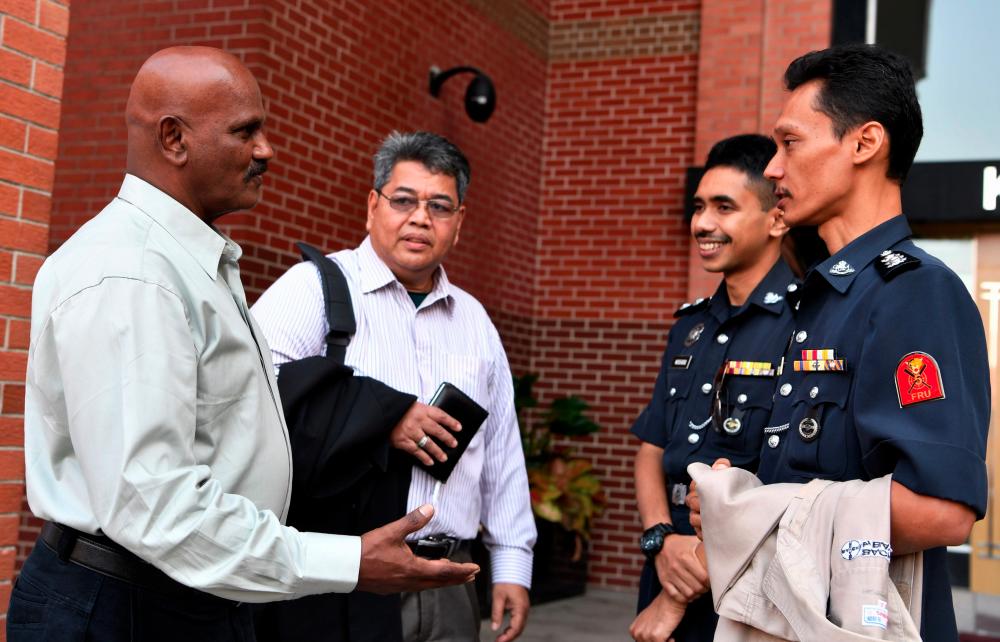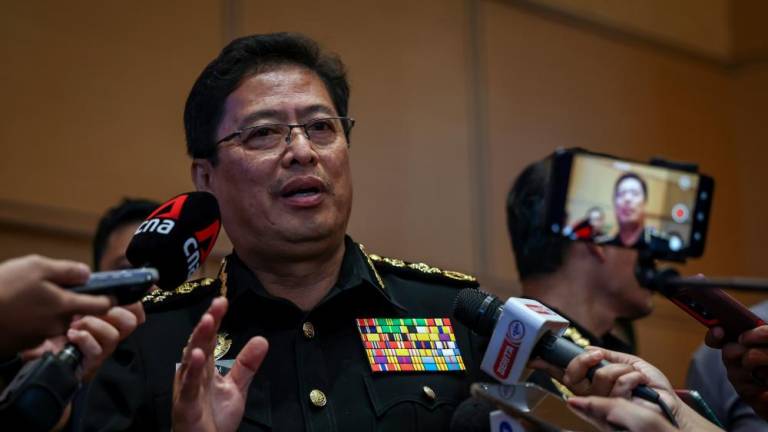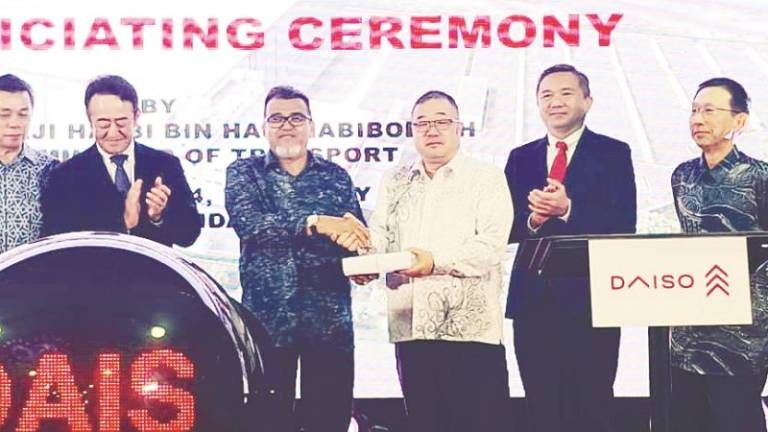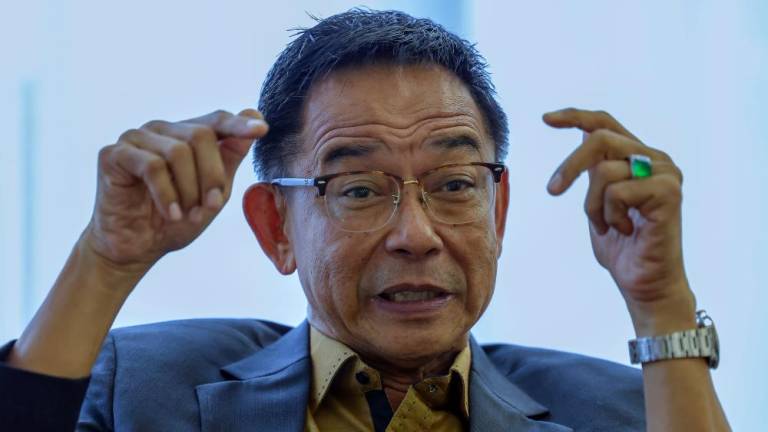PUTRAJAYA: Enforcement officers had corroborated with a syndicate involved in human trafficking in Wang Kelian, Perlis, in 2015 to ensure its success.
An assistant commanding officer who was informed of the collaboration was subsequently barred from re-joining operations in the area, the royal commission of inquiry (RCI) on the discovery of a human trafficking camp and mass graves in Wang Kelian, Perlis, heard today.
The now retired DSP S. Sivanganam said he was overseeing operations in Wang Kelian when an unnamed source contacted him in January 2015. He was then the assistant commanding officer of the General Operations Force Northern Brigade Battalion 3.
“I was told that there was a middleman known as ‘Aziz’ or ‘Azim’ who owned a shopping arcade in Wang Kelian. This man, who was supposed to have ‘an obvious skin condition’, was working with the enforcement officers to ensure that the syndicate’s operations went on without a hitch,“ he said.
Sivanganam said he included this information in his incident report and a copy of it was submitted to the Perlis and Kedah police chief, the Kedah-Perlis border intelligence unit, the National Security Council offices in the two states and his own headquarters.
“I submitted the report for further action,“ he said.
“I was forbidden to return for more operations. When orders came down from above, I dared not question them,“ he said.
He claimed that the order came from his superior known as “Datuk Nasir” who as then the northern brigade commander.
He added that it was not for him to decide if further action was required even after he received the tip-off. “The decision should be made by those in power,“ he said.
Sivanganam said his sources had told him that several villagers from Wang Kelian had worked for the syndicate as transporters to ferry the immigrants to other parts of the country.
He said he also disagreed with a decision to destroy the campsite, saying that it should have been retained as evidence.
Earlier another office, ASP M. Joeking, said the police discovered the mass graves while they were in the process of destroying the campsite on Jan 21, 2015.
He said the demolition process was then halted to enable a probe team to conduct further investigations.
To a question from the panel, he said it was standard practice to destroy such campsites. This, he explained, was to prevent illegal immigrants or other human trafficking syndicates from using them.
Joeking, who was then commander of Company B of the General Operations Force Northern Brigade Battalion 3 said the police discovered the camp two days earlier while on a recce in the area.
He also told the RCI that he was given instructions to ensure that all copies of photographs taken at the campsite were safely stored in the battalion office computer.
All other copies were to be deleted immediately, he said. The instructions, conveyed to him in March or April 2015, came from his commanding officer Supt Wan Hamzah Wan Kadir.
He said copies of the photographs that were still stored in his men’s personal devices were to be erased.
Joeking said the photographs were taken by his men on two separate occasions — the first on Jan 19 when they conducted the recce that led to the discovery of the camp and the second on Jan 21 when they were in the process of destroying the campsite on the orders of the Perlis deputy police chief.









